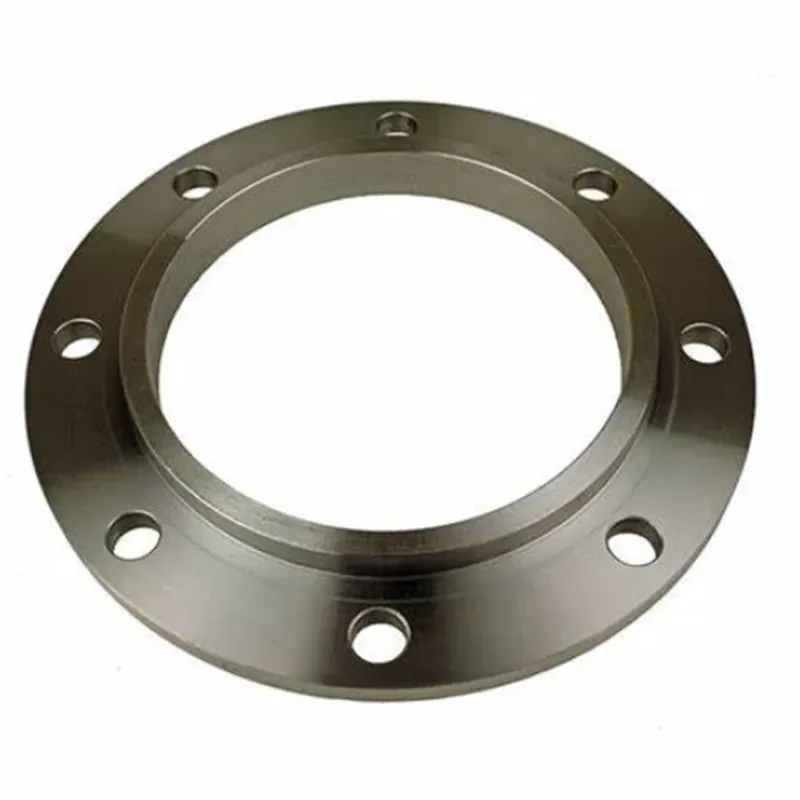-
Cangzhou Yulong Steel Co., Ltd.
-
Phone:
+86 13303177267 -
Email:
admin@ylsteelfittings.com
- English
- Arabic
- Italian
- Spanish
- Portuguese
- German
- kazakh
- Persian
- Greek
- French
- Russian
- Polish
- Thai
- Indonesian
- Vietnamese
- Zulu
- Korean
- Uzbek
- Hindi
- Serbian
- Malay
- Ukrainian
- Gujarati
- Haitian Creole
- hausa
- hawaiian
- Hebrew
- Miao
- Hungarian
- Icelandic
- igbo
- irish
- Japanese
- Javanese
- Kannada
- Khmer
- Rwandese
- Afrikaans
- Albanian
- Amharic
- Armenian
- Azerbaijani
- Basque
- Belarusian
- Bengali
- Bosnian
- Bulgarian
- Catalan
- Cebuano
- China
- China (Taiwan)
- Corsican
- Croatian
- Czech
- Danish
- Esperanto
- Estonian
- Finnish
- Frisian
- Galician
- Georgian
- Kurdish
- Kyrgyz
- Lao
- Latin
- Latvian
- Lithuanian
- Luxembourgish
- Macedonian
- Malgashi
- Malayalam
- Maltese
- Maori
- Marathi
- Mongolian
- Myanmar
- Nepali
- Norwegian
- Norwegian
- Occitan
- Pashto
- Dutch
- Punjabi
- Romanian
- Samoan
- Scottish Gaelic
- Sesotho
- Shona
- Sindhi
- Sinhala
- Slovak
- Slovenian
- Somali
- Sundanese
- Swahili
- Swedish
- Tagalog
- Tajik
- Tamil
- Tatar
- Telugu
- Turkish
- Turkmen
- Urdu
- Uighur
- Welsh
- Bantu
- Yiddish
- Yoruba

Aug . 05, 2024 03:01 Back to list
Innovative Design Approaches for Efficient Electric Water Pump Systems in Modern Applications
Electric Water Pump Design An Overview
Electric water pumps are essential devices widely utilized in various applications, from agricultural irrigation and water supply systems to industrial processes and residential use. The design of an electric water pump encompasses several critical elements that ensure efficiency, reliability, and performance to meet the specific needs of users. This article aims to provide an overview of the key aspects of electric water pump design.
Understanding Electric Water Pumps
At its core, an electric water pump is a mechanical device that uses electrical energy to move water from one location to another. The fundamental components of a water pump include the motor, impeller, casing, and seals. The motor drives the impeller, which is responsible for creating the flow of water. The casing houses these components while directing the flow and preventing leaks.
Key Design Considerations
1. Pump Type Selection There are primarily two types of electric water pumps centrifugal and positive displacement pumps. Centrifugal pumps are commonly used for applications requiring high flow rates at low pressures, making them ideal for irrigation and municipal water systems. Positive displacement pumps, on the other hand, are suited for high-pressure applications and viscous fluids, often utilized in industrial settings.
2. Hydraulic Performance The design must ensure optimal hydraulic performance to deliver the required flow rate and head. It is essential to calculate parameters such as flow rate, pressure, and the height to which water needs to be pumped. These calculations help in selecting the appropriate pump size and impeller design, which significantly impacts efficiency and operational cost.
electric water pump design

3. Material Selection The materials used in the construction of the pump should withstand the operating conditions, including temperature, pressure, and chemical composition of the water. Common materials used include stainless steel, cast iron, and various polymers, each offering different advantages such as corrosion resistance and strength.
4. Energy Efficiency With the growing focus on sustainability, energy efficiency in electric water pump design is more crucial than ever. Engineers are now incorporating energy-efficient motors, variable frequency drives (VFDs), and advanced control systems that optimize pump operation under varying demands. High-efficiency pumps reduce energy consumption and operating costs while minimizing environmental impact.
5. Reliability and Maintenance A well-designed electric water pump should have a long service life with minimal maintenance requirements. Incorporating features such as mechanical seals, wear-resistant components, and user-friendly maintenance access points can enhance reliability. Regular maintenance protocols should also be established to ensure the pump operates efficiently over its lifespan.
6. Control Systems Modern electric water pumps often include sophisticated control systems that allow for remote monitoring and operation. These systems can adjust the pump’s performance based on real-time data, optimizing flow rates and energy consumption. Integration with IoT (Internet of Things) technologies can lead to smarter water management solutions, especially in large-scale applications.
7. Safety Standards Finally, adhering to safety and regulatory standards is paramount in electric water pump design. Compliance with local and international standards ensures that pumps are safe to operate and meet the necessary performance benchmarks.
Conclusion
The design of electric water pumps is a multifaceted process that requires careful consideration of various factors to ensure optimal performance and reliability. From selecting the appropriate pump type to integrating advanced control systems, every aspect plays a crucial role in the overall efficiency and effectiveness of the pump. As technology advances, the future of electric water pump design will likely focus even more on sustainability, efficiency, and intelligent systems, ultimately leading to enhanced water management practices across various sectors.
Latest news
-
ANSI 150P SS304 SO FLANGE
NewsFeb.14,2025
-
ASTM A333GR6 STEEL PIPE
NewsJan.20,2025
-
ANSI B16.5 WELDING NECK FLANGE
NewsJan.15,2026
-
ANSI B16.5 SLIP-ON FLANGE
NewsApr.19,2024
-
SABS 1123 FLANGE
NewsJan.15,2025
-
DIN86044 PLATE FLANGE
NewsApr.19,2024
-
DIN2527 BLIND FLANGE
NewsApr.12,2024
-
JIS B2311 Butt-Welding Fittings LR/SR 45°/90° /180°Seamless/Weld
NewsApr.23,2024











